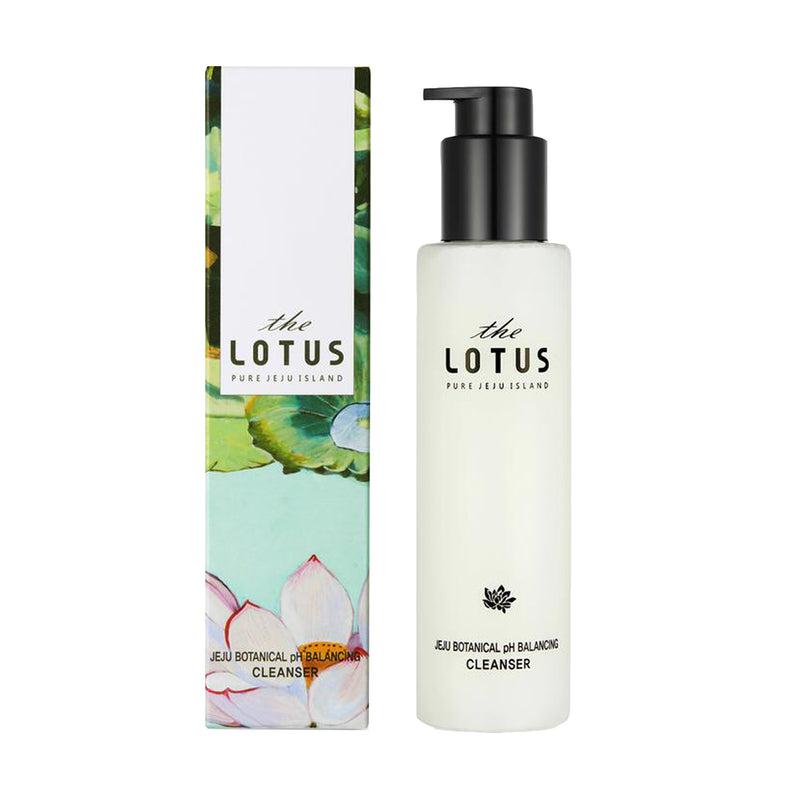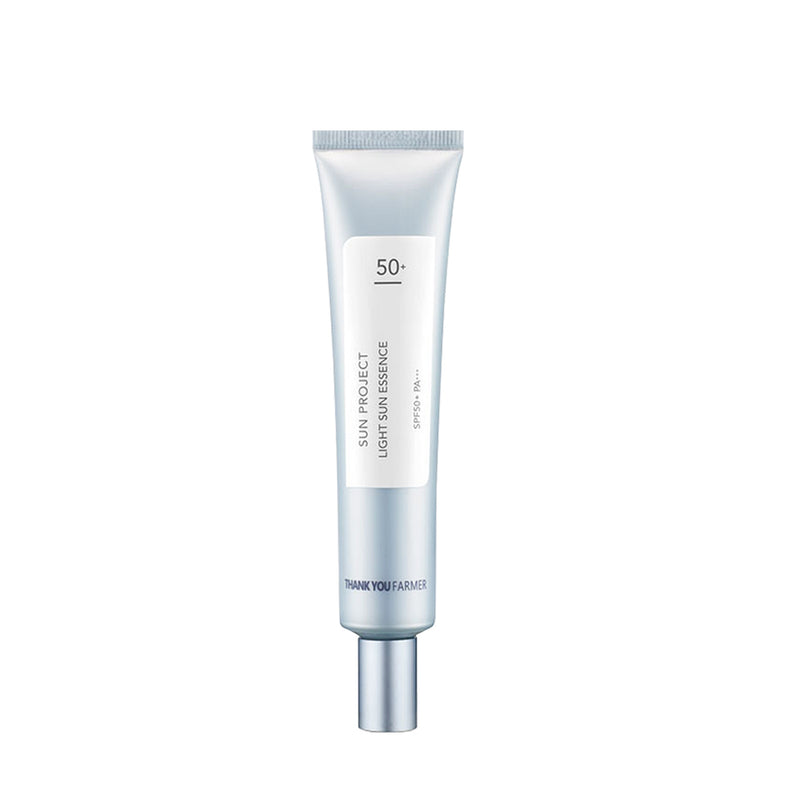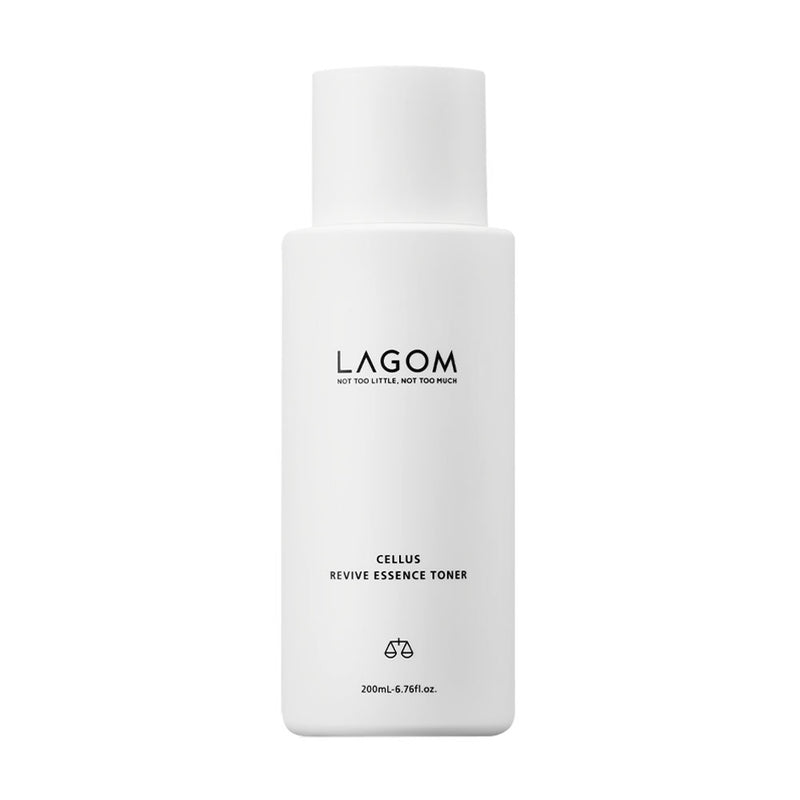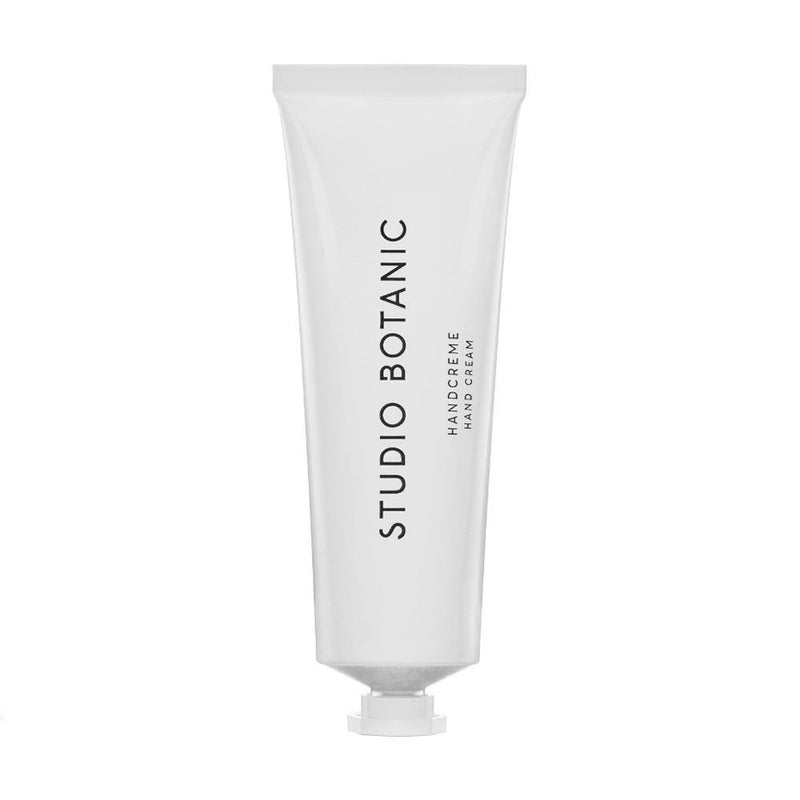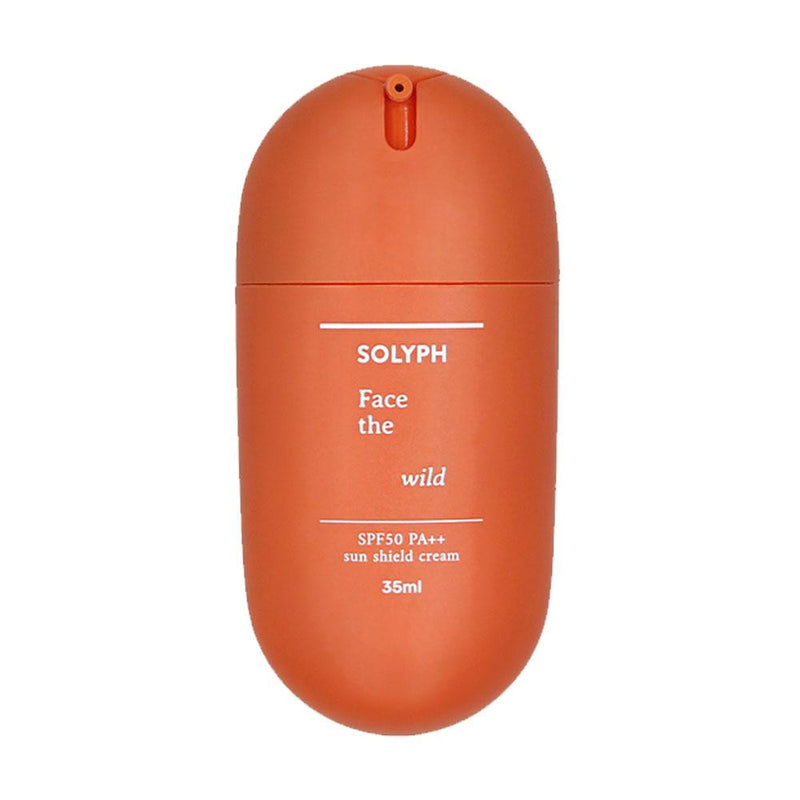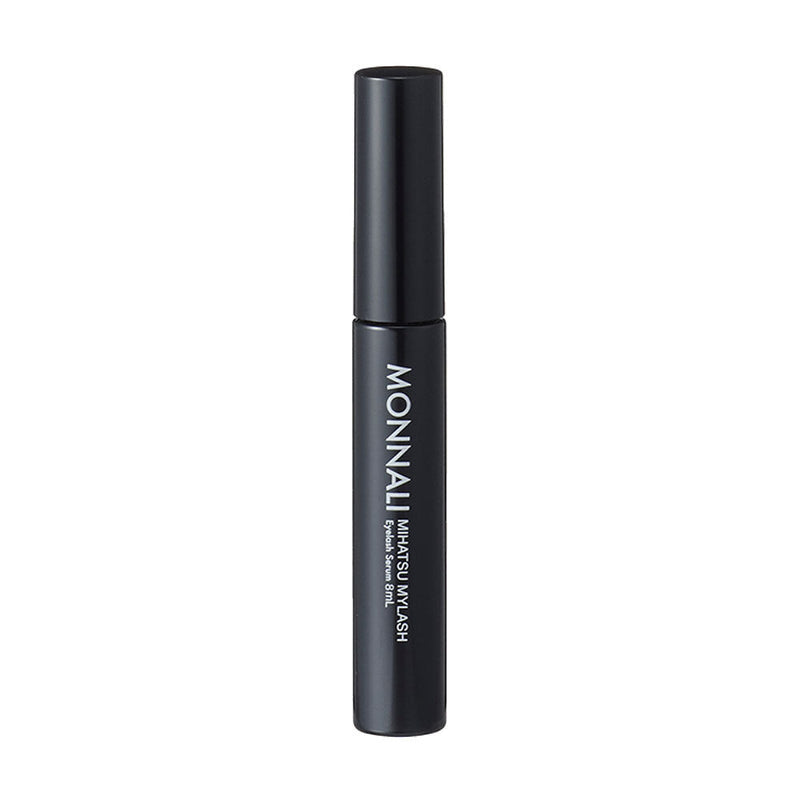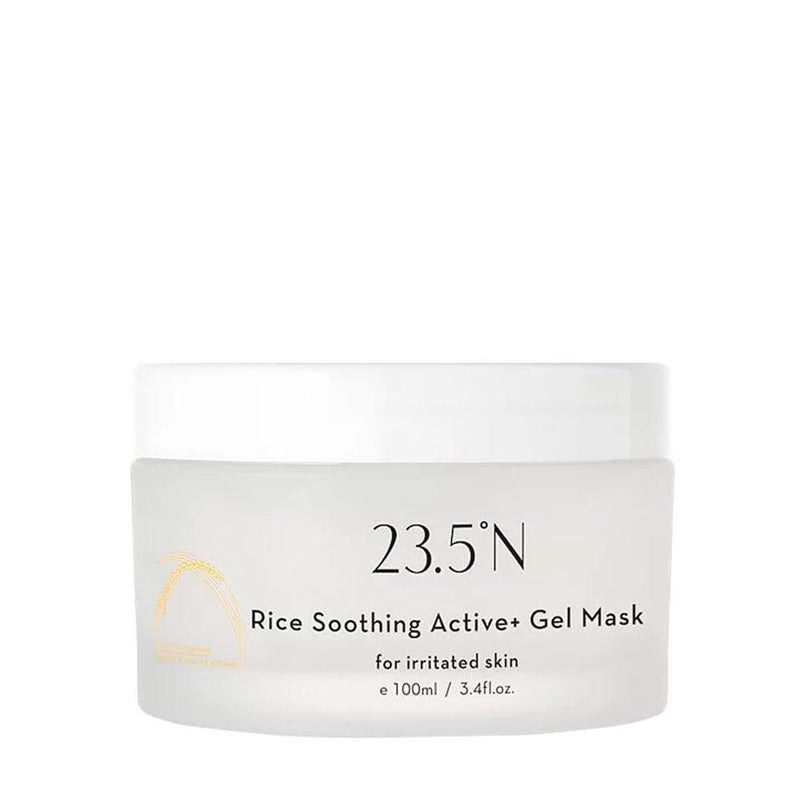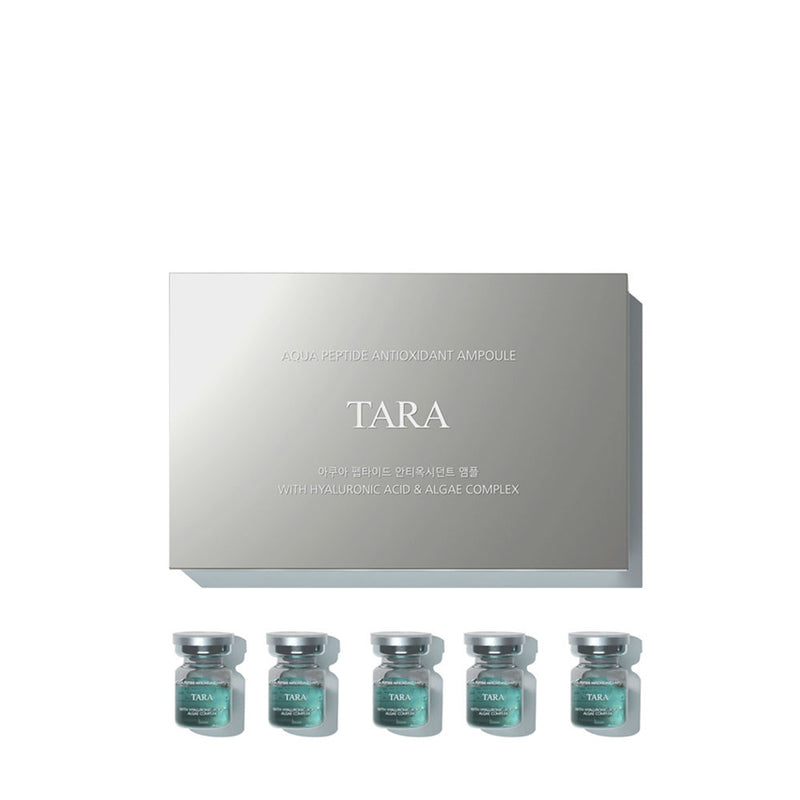Love, passion, Venus the Goddess of Love, purity, attributes of the angels, martyrdom, and blessed souls in heaven...these are a few ancient meanings and symbols attached to our featured flower - The Rose. Find out the significance of Rose from Paper Sculptor, Koh Dawn.
“It might well be said of this beautiful flower, that nature has exhausted herself in trying to lavish on it the freshness of beauty, of form, perfume, brilliancy, and grace.” This is how Charlotte de la Tour describes the rose in her famous book Le Langage des Fleurs (The Language of Flowers), originally published in 1819.
And the rose continues to be strongly associated with beauty today, as it does with love. This elegant, symbolic flower has occupied a special place in the hearts and minds of people everywhere.
I am pretty sure everyone has in some way or another incorporated roses into our lifestyle - from the joy of receiving a bouquet of roses from your secret admirer to soaking in a bath of rose-petal water to unwind to even religious practises, the rose has become an inextricable part of human history.
A Long And Rosy History
Rose is undoubtedly the world’s favourite flower with a long - fossil evidence indicates up to 35m years - and has a colourful history that has seen it become a symbolic representation of significant many historical figures and events.
Probably the first garden cultivated by the Chinese civilisation more than 5,000 years ago, roses have been used by many civilisations from ancient times not just for its symbolic value but also for medicinal purposes and as a source of perfume.
Roses also play a significant role in the way we remember human history. From the excesses of the Romans who were known to dump tons of rose petals as confetti at a single party or as in the War of the Roses, a poetic symbol of the historical drama between two houses.
The countless myths and folklores in which roses appear in various cultures over centuries have shaped our modern perception of rose in our art, religion and beauty.
The Rose In Art
As a Paper Sculpture Artist whose work is predominantly inspired by nature, the Rose has always been a classic favourite of mine. This recent work titled ‘Let go of the noise’ was inspired by my pre-COVID trip to Italy where I visited countless of Art Museums and witnessed the beauty of nature in old Christian paintings and sculptures.

On the banner, I calligraphed the bible verse “Do not conform… to the pattern of this world, but be transformed by the renewing of your mind..”, as a reminder to myself to listen to my inner voice, let go of outside noises, distractions and be true to myself.
The history of the rose depicted in the art world is a long-standing one. Since the middle ages and perhaps even before, painters and sculptors have created countless beautiful works of art inspired by the flower. In one of my favourite paintings by ‘Wilton Diptych, ca.1395, London National Gallery’, angels are represented with rose crowns on their heads.

In other works of art, its thorns are also considered to represent the sorrows of love. As the French saying goes ‘pas de rose sans épines’ - Every rose has its thorn. With the usual dreamy notion of romance shrouding the rose, this proverb seems to ground us in the practicalities and complexities of a relationship.
To reach something as lovely as a rose, one has to first embrace the presence of its thorns. Every loving and “perfect” relationship is born through imperfections and the embracing of each other’s flaws. It is the same with the relationship we have with ourselves.
It is as if there is a rose deep inside each of us, waiting to bloom. Our flaws do not hold us back, instead they are meant to bring us through a passage of acceptance, growth and love, in order to bloom into the beautiful beings we are meant to be.
The Rose In Skincare

Working with roses so often in my craft, I developed a curiosity for the many facets of this beautiful flower. Beyond its beauty, symbolism and the poetic representations, roses have also been used for centuries in skincare and I sought to incorporate this extraordinary flower into my daily routine.
Cleopatra, one of the most powerful and beguiling women of all time, was known to bathe with rose water to maintain her soft and supple skin. She was also known to fill her living quarters with roses everytime Marc Antony met her so that he would be reminded of her everytime he smelt a rose.
Rose water and rose extracts are still used today in many skincare products for its numerous dermatologist-approved skincare benefits and here are 4 good reasons why you should consider incorporating rose formulated products into your skincare routine:
Helps soothe skin inflammation and redness. One of the main skin benefits of rose water is its anti-inflammatory effects. If you are suffering from acne or rosacea, rose water helps to soothe and calm irritated skin and ease redness caused by enlarged capillaries.
Is a natural antibacterial. Due to its astringent-like properties, rose water aids in removing oil and dirt accumulated in clogged pores without drying out the skin, as well as aids in healing scars, cuts and wounds.
Rich in antioxidants. Roses are full of vitamins which help to stimulate the collagen production to give you a hydrated, revitalised and moisturised complexion, while keeping the fine line and wrinkles at bay too!
Promotes mental well being. Because rose is so fragrant, rose water can be a powerful mood enhancer - especially amidst the backdrop of pandemic lockdowns and work from home arrangements. The scent is so relaxing and intoxicating, it rids you of the feeling of anxiety and helps you destress after a long day at work.

About the writer

A paper sculptor with nimble fingers and an eye for details, Dawn Koh, mesmerises people with her visually arresting artworks that typically take the shape of flowers and garnered a diverse list of clients Bvlgari, Harper’s Bazaar, Delvaux and more.
